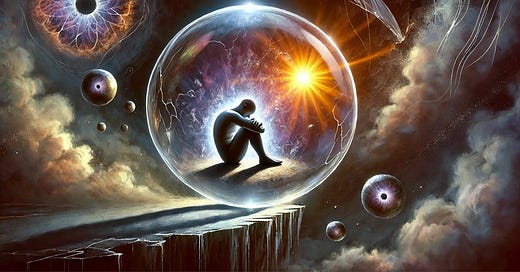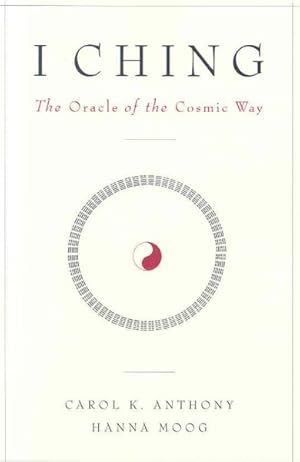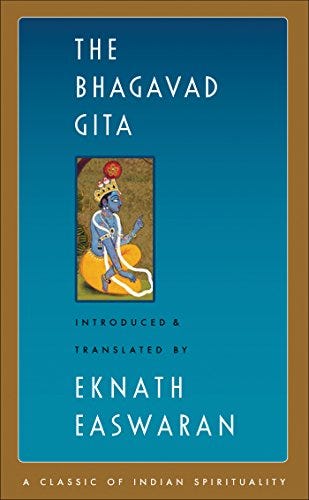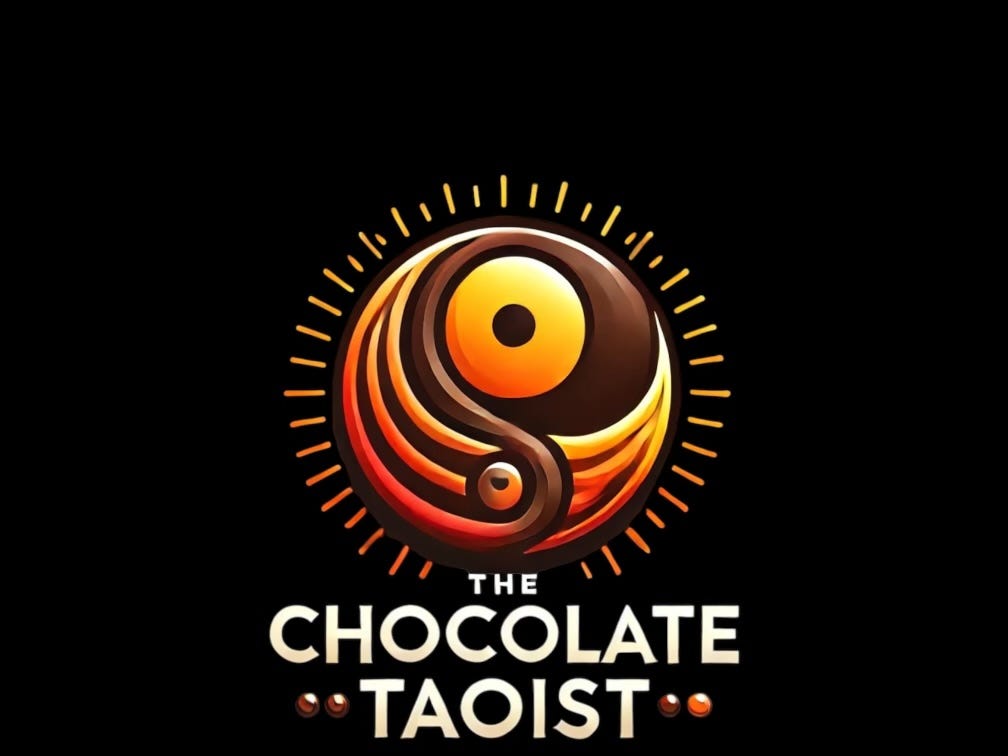Let’s get real for a second — the ego is a prison guard, standing tall, arms crossed, blocking the doors to the very transitions we desperately crave. Whether it’s a career switch, personal transformation, or spiritual breakthrough, the ego keeps us locked up tight, spoon-feeding us the comforting lies that keep us in control.
It’s that voice whispering, “You’ve got this, you’re better than the rest,” and just as easily flipping the script, making you feel like an absolute fraud.
This is especially true when we’re out here writing, speaking, coaching—convinced we’re on some messianic mission to save others.
But the raw truth?
We’ve often neglected the very healing journey we preach about. We’re blinded by our own blind spots, stuck in the muck we can’t even see, running on empty while pushing others to drive forward.
That’s the ego’s double-edged sword — it props you up, strokes your savior complex, but cuts you down with impostor syndrome. You think you’re running ahead of the pack, only to find you’ve been outrunning your own shadow, and it’s catching up fast.
This is where Beginner’s Mind comes in, kicking the ego in the teeth. Every day, I wake up and try to bring this Buddhist concept to life—a clean slate, no grandiosity, no assumptions.
This for me is my intentional aim to burst the ego’s bubble. It’s like taking a pin to the overinflated sense of self that says, “You should already have it all figured out,” or worse, that you’re some kind of messiah come to save the world. The real magic happens when you let go of that ego death grip and embrace the unknown. That’s where the growth is.
Let’s not kid ourselves—during any spiritual transition, we’re all guilty of playing the savior at some point. We get it in our heads that the world can’t go on without the wisdom we’re about to drop. But here’s the kicker: this “I’ve got the answers” routine? It’s often just the ego throwing on a new costume.
What all of this often suggests is that we haven’t done the deep work yet, the kind that gets us out of our own way. And what does that do? It fuels the ever-present impostor syndrome.
The ego has you swaggering into the room, and seconds later, it’s gnawing at you from within, whispering, “Who are you kidding?” Yeah, the impostor syndrome loves hanging out in the shadow of the ego.
This isn’t just a modern affliction. Ancient texts like the I Ching and the Bhagavad Gita have been throwing us life lines for centuries.
The I Ching—that badass of all divination systems—hits us with Inner Truth (Hexagram 61), telling us to cut the crap and look inward. You can’t help anyone if you’re out of alignment with yourself, and if you’re too busy playing the hero, you’ll miss the blind spots that are secretly running your life. It’s about self-correction, not external projection.
Then, you’ve got the Bhagavad Gita, where Arjuna freezes in battle, ego rattling him with doubt. Krishna steps in, tells him to stop with the ego-driven nonsense—attachment to outcomes, to success, to failure—that’s what’s really messing with him.
Surrender to something bigger than yourself, Krishna says. Stop making it about you, stop trying to save the world, and just do the inner work. Perform your duty, but leave the ego at the door.
The common thread here? You’re never going to make those big transitions or have the spiritual awakening you think you’re headed for if the ego is still riding shotgun. In my experience humility, self-awareness, commitment to your own healing—that’s the ticket.
Every day I wake up, I try to start fresh with Beginner’s Mind, smashing the ego’s illusions one by one. Bit by bit, that ego dissolves, leaving room for real, authentic growth—the kind that can actually serve others, not because you’ve got some savior complex, but because you’ve finally gotten out of your own way.
So yeah, let’s stop pretending the ego is our ally. It’s the enemy we didn’t see coming, the one that turns transitions into dead ends. The only way forward is through it—burst the damn bubble, and maybe then, we’ll be in a place to help others.
Subscribe or upgrade above. Or maybe you’re in a position to tip me some coffeehouse love here. Your contributions are appreciated!








Thank you friend.
Lots of wise words and focusing on our own healing and not desiring certain outcomes are definitely important. I do think maybe the ego has a positive role to play though. Does it not give us confidence to do the things we want to in the first place? To feel comfortable enough in ourselves that we can do the work we need to rather than worrying about what others think. I’m not sure the ego is a wholly negative thing.